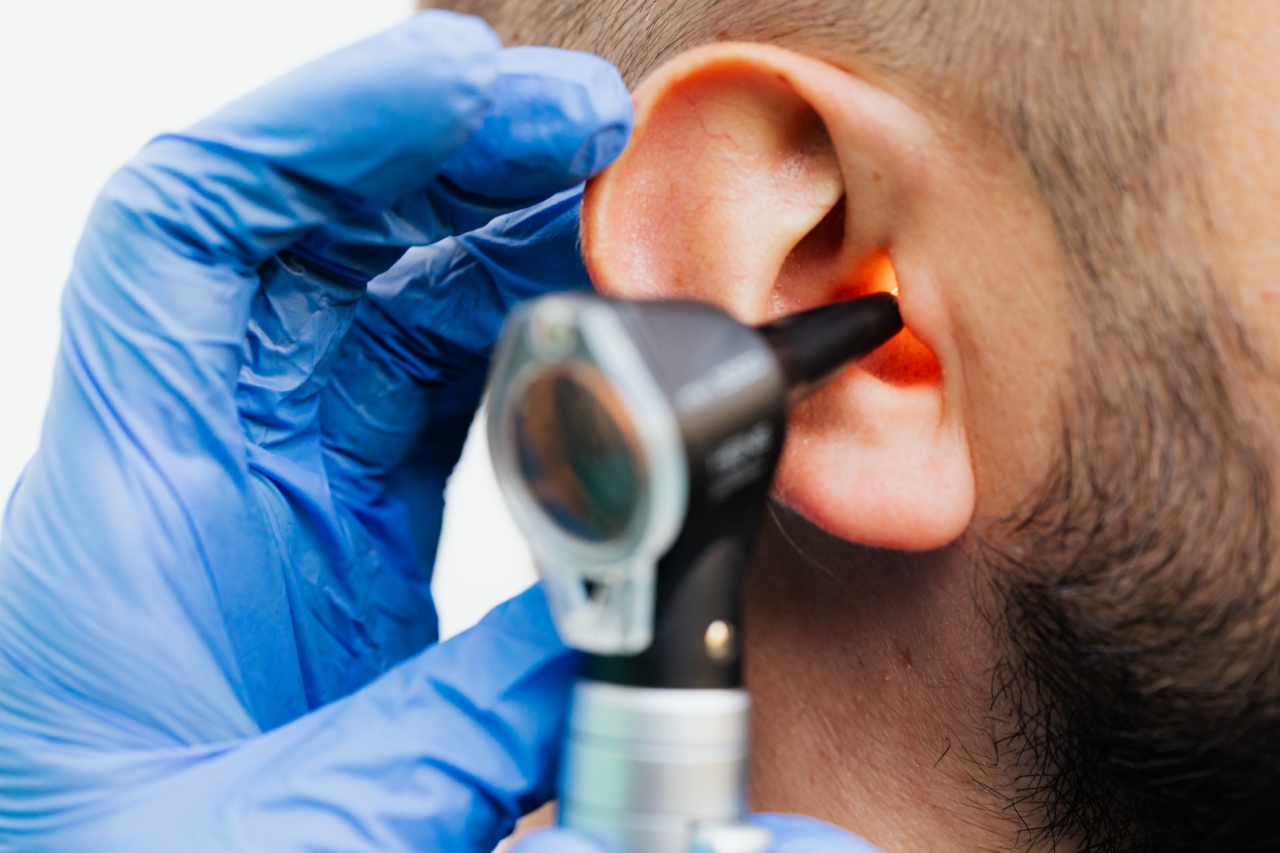Humming in the ears is a common phenomenon experienced by many individuals. Medically known as tinnitus, it is described as a sound within the ear, which may be heard as buzzing, ringing, hissing, or whistling.
It can occur in one or both ears and can be heard constantly or intermittently. While it is not a significant health issue, it can be quite distressing for people experiencing it, particularly in a quiet environment.
Causes of Tinnitus
The exact cause of tinnitus is not known and varies depending on the individual. However, tinnitus is often related to an underlying medical condition. Let’s discuss some of the common causes of tinnitus.
Hearing Loss
Hearing loss is often associated with tinnitus. In fact, tinnitus is one of the primary symptoms of hearing loss. Hearing loss can be caused by several factors, such as aging, noise exposure, medications, ear infections, and earwax buildup.
When the ability to hear diminishes, the brain tries to compensate for the loss, thus causing tinnitus.
Ménière’s Disease
Ménière’s disease is a condition of the inner ear that causes tinnitus, along with dizziness, vertigo, and hearing loss. It is caused by the buildup of fluid in the inner ear.
The exact cause of Ménière’s disease is not known, but it is believed that it may be related to the abnormal fluid pressure in the inner ear.
Trauma or Injury to the Ear
Trauma or injury to the ear can result in tinnitus. This can be caused by exposure to loud noises, head injury, or ear infections. The damage to the ear can lead to an interference in the normal processing of sound in the ear, causing tinnitus.
High Blood Pressure
High blood pressure or hypertension can cause tinnitus. High blood pressure can damage the blood vessels supplying the ear, leading to ringing in the ears.
Medications
Some medications can cause tinnitus as a side effect. These include nonsteroidal anti-inflammatory drugs (NSAIDs), antibiotics, certain antidepressants, and chemotherapy drugs.
Earwax Buildup
The buildup of earwax can cause tinnitus. Earwax is designed to protect the ear from foreign objects and infections, but an excess can lead to blockage and interfere with sound conduction in the ear.
Treatment of Tinnitus
Tinnitus does not have a cure, but the underlying medical condition causing tinnitus can be treated to alleviate the symptoms. Medications, therapy, and surgery can be used to treat the underlying medical condition.
Additionally, some lifestyle changes can help reduce the symptoms of tinnitus.
Hearing Aids
Hearing aids can help alleviate the symptoms of tinnitus caused by hearing loss. Hearing aids amplify external sounds, making it easier to hear, thus reducing the impact of tinnitus.
Sound Therapy
Sound therapy is a treatment method that uses external noise to help mask the sound of tinnitus. This can include white noise, nature sounds, or music. The external noise can help distract the brain from the sound of tinnitus and reduce its impact.
Relaxation Techniques
Relaxation techniques such as yoga, massage, and meditation can help reduce the symptoms of tinnitus. These techniques can help improve blood circulation, reduce stress, and promote relaxation, thus reducing the impact of tinnitus.
Cognitive Behavioral Therapy
Cognitive-behavioral therapy (CBT) is a type of therapy used to treat anxiety and depression. CBT can also be used to help reduce the symptoms of tinnitus.
CBT focuses on helping patients change their negative thought patterns and attitudes towards tinnitus, thus reducing the impact of tinnitus.






























